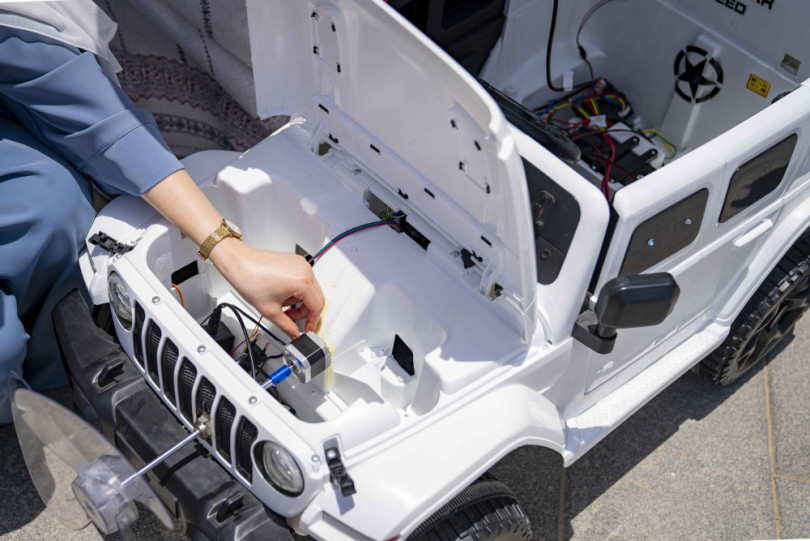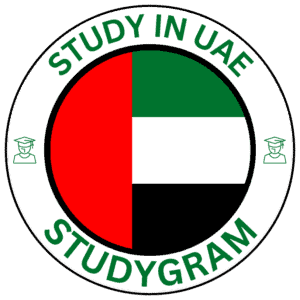
Bridging the Gap Between Theoretical Knowledge and Practical Skills in Mechanical Engineering
Mechanical engineering stands as one of the most versatile and vital disciplines in engineering, encompassing everything from designing complex machinery to developing innovative robotics and aerospace systems. Yet, a common challenge faced by many engineering graduates worldwide is the disconnect between classroom learning and real-world application. To address this issue, Ajman University has developed a comprehensive Mechanical Engineering program that emphasizes integrating theoretical principles with practical skills, ensuring graduates are prepared to meet industry demands effectively.
If you’re considering pursuing a career in mechanical engineering or are already on the path, understanding how educational institutions like Ajman University prepare students for the practical realities of engineering is crucial. This article explores how the university’s approach bridges the gap between theory and practice, highlighting curriculum design, industry collaboration, hands-on learning, and soft skills development.
The Challenges in Traditional Mechanical Engineering Education
Historically, many engineering programs have focused heavily on theoretical instruction—covering complex mathematics, physics, and foundational sciences—while providing limited opportunities for practical application. This imbalance often leads to graduates who understand engineering concepts but struggle to apply them in real-world scenarios such as manufacturing processes, system troubleshooting, or design prototyping.
In today’s rapidly evolving technological landscape, industry sectors such as aerospace, automotive, renewable energy, and robotics demand engineers who have not only conceptual knowledge but also hands-on skills and industry exposure. Employers seek candidates who can operate sophisticated machinery, develop prototypes, analyze data, and troubleshoot operational challenges from day one.
How Ajman University’s Mechanical Engineering Curriculum Addresses Industry Needs
Ajman University’s Mechanical Engineering program is designed with a clear focus on creating industry-ready graduates. The curriculum combines core engineering principles with practical coursework, industry collaborations, and skill-based learning, ensuring students are well-prepared for professional challenges.
1. Industry-Aligned Curriculum and Theoretical Foundations
The program offers a robust set of core courses covering mechanics, thermodynamics, fluid dynamics, materials science, and robotics. These courses are continuously updated to reflect current industry trends and technological advancements. Specialization electives provide students the opportunity to explore emerging fields such as automation, energy systems, and sustainable design.
Incorporating real-world problems and project-based assessments encourages students to think creatively and develop practical solutions. This approach helps bridge the gap, transforming theoretical knowledge into applicable skills.
2. Extensive Laboratory and Workshop Experience
Hands-on learning is at the heart of Ajman University’s teaching philosophy. The program offers state-of-the-art laboratories equipped with 3D printers, CNC machining centers, materials testing equipment, HVAC setups, and robotics simulators. These facilities enable students to experiment with concepts learned in lectures and understand their practical applications.
Through workshops and lab exercises, students learn to operate industry-grade machinery, create prototypes, and test mechanical systems, which significantly enhances their readiness for professional environments.
3. Industry Collaboration and Internships
Recognizing that industry exposure is essential, Ajman University collaborates with leading companies across sectors such as manufacturing, aerospace, automotive, and energy. The university facilitates internships, cooperative training programs, and live project engagement, providing students with invaluable experience to solve actual industry problems.
Participation in these real-world projects not only boosts students’ technical competence but also exposes them to project management, teamwork, and professional communication—skills highly valued in today’s workforce.
4. Emphasizing Soft Skills and Entrepreneurial Mindset
Technical prowess alone is insufficient; soft skills like teamwork, communication, leadership, and innovation are equally important. Ajman University incorporates modules and workshops focused on developing these skills. Additionally, entrepreneurial training equips students to turn their ideas into viable engineering ventures, fostering an innovative mindset that aligns with industry requirements.
Practical Exposure Through Industry-Ready Training and Projects
The university’s strong emphasis on experiential learning ensures students graduate with hands-on experience. Engineering projects are integrated into coursework, and students frequently collaborate on multidisciplinary teams to design, simulate, and test mechanical systems.
Furthermore, internships with industry partners allow students to work on complex problems, understand manufacturing workflows, and adapt to corporate environments. This real-world exposure enhances their confidence, problem-solving abilities, and employability upon graduation.
Career Opportunities for Graduates
Graduates from Ajman University’s Mechanical Engineering program are prepared for diverse roles across various sectors, including:
- Automotive and Transportation
- Aerospace and Aviation
- Renewable Energy and Power Generation
- HVAC and Building Systems
- Robotics and Automation
- Oil & Gas Industries
- Manufacturing and Industrial Design
- Research & Development
- Engineering Consultancy and Project Management
Equipped with both a solid theoretical background and practical experience, graduates are more competitive and adaptable in fulfilling industry roles from design and manufacturing to operations and innovation.
Why Choose Ajman University for Mechanical Engineering?
Ajman University’s strategic approach to engineering education prioritizes applied learning, industry engagement, and skill development. Its facilities, industry partnerships, and focus on soft skills create a nurturing environment for producing competent engineers who can seamlessly transition from learning to professional practice.
If you aim to pursue a mechanical engineering degree that balances conceptual understanding with real-world skills, Ajman University provides one of the most comprehensive programs in the UAE.
Take the Next Step in Your Engineering Career
Interested in learning more about Ajman University’s Mechanical Engineering program or exploring how it can set you up for success? Visit the program page here or contact the admissions office to start your journey toward becoming a industry-ready mechanical engineer.
Develop the skills and experience that industry demands. Submit your application today and join a program committed to turning theoretical knowledge into impactful engineering solutions.

